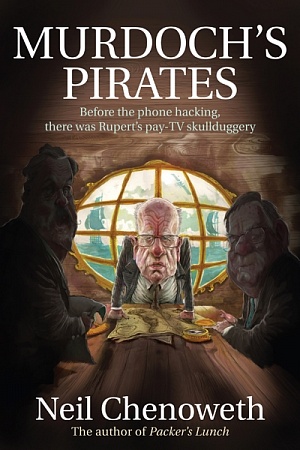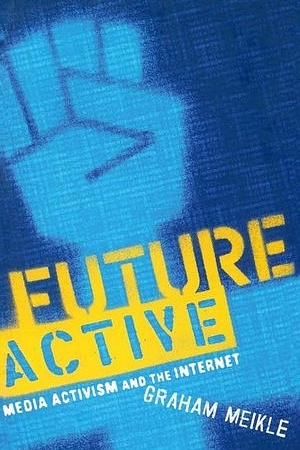Media Handbook
Australian Frontier, 66pp, $2.00 pb
Media Handbook
Schools are the subject of very mixed treatment by the media. On the one hand, some publish regular feature articles, or even weekly columns; many of a high standard, dealing with education issues. On the other, news stories often focus upon criticism, all too often uninformed, by some public or political personality. Problems in schools are sensationalised, but positive achievements rarely reach the news pages.
Iola Matthews has provided a tool to help those concerned with schools to improve this situation. Media Handbook is a clearly written and intensely practical guide to local school councils and others. It tells how to write and use press releases, how to organise press conferences, how to conduct interviews with the media, and other aspects of the publicity game.
Regrettably, this booklet will probably not become well-known outside of the education sphere. It would be invaluable to anyone concerned with non-commercial publicity, no matter what their area of concern, and deserves to be a best-seller.
At the same time, perhaps this is one aspect of the book which might be criticised. Other than utilising education as a source of examples, the Handbook is about use of the mass media in general, and has little reference to the specific problems inherent in the interpretation of education issues.
Admittedly, to have tackled the complexities of how one might more effectively rebut some of the false criticisms levelled at schools would be a much more difficult task. It would be even more difficult to discuss how one might react to some of the valid criticisms, such as those contained in Becker’s increasingly well-known paper, ‘School is a. lousy place to learn anything!’ However, the failure to get to grips with these issues or even to help distinguish between silly criticisms and sound criticisms, means that the Handbook is an excellent guide to any use the media, rather than one which will make a specific contribution to education stories in particular.
Nevertheless, Australian Frontier and Iola Matthews have taken a major step forward in developing the Handbook. It poses a challenge to others who might try to emulate Iola’s clarity in dealing with the more complex questions.










Leave a comment
If you are an ABR subscriber, you will need to sign in to post a comment.
If you have forgotten your sign in details, or if you receive an error message when trying to submit your comment, please email your comment (and the name of the article to which it relates) to ABR Comments. We will review your comment and, subject to approval, we will post it under your name.
Please note that all comments must be approved by ABR and comply with our Terms & Conditions.